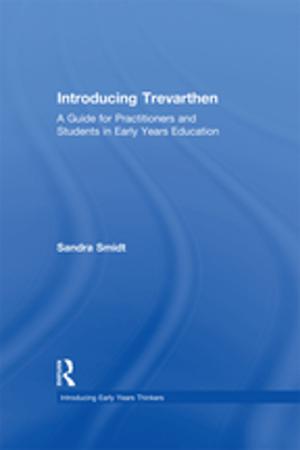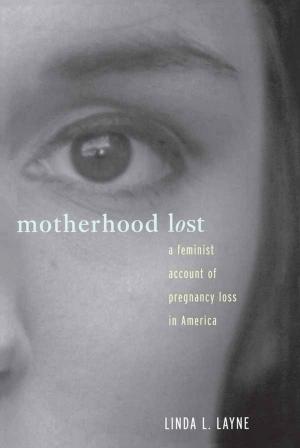Flood Hazards and Health
Responding to Present and Future Risks
Business & Finance, Industries & Professions, Insurance| Author: | ISBN: | 9781136565601 | |
| Publisher: | Taylor and Francis | Publication: | June 17, 2013 |
| Imprint: | Routledge | Language: | English |
| Author: | |
| ISBN: | 9781136565601 |
| Publisher: | Taylor and Francis |
| Publication: | June 17, 2013 |
| Imprint: | Routledge |
| Language: | English |
Flood hazards and the risks they present to human health are an increasing concern across the globe, in terms of lives, well-being and livelihoods, and the public resources needed to plan for, and deal with, the health impacts. This book is the first detailed assessment and discussion of the global health implications of flooding and future flood risk. It combines an analysis of the human health impacts of flooding with analysis of individual and societal response to those risks, and sets these findings in light of potential future increases in flood hazard as a result of climate change. Written and edited by leading researchers and practitioners on flood hazards and human health, the volume brings together findings from epidemiological, environmental, social and institutional studies, with analysis rooted in an approach that emphasizes the developmental as well as environmental causes of flood risk, and the socially differentiated nature of vulnerability and coping capacity. The first part of the book sets out the scope of the issues, and provides a detailed discussion of the global health impacts of floods and the nature of human response to the health risks posed. The second part presents new research evidence on specific health aspects of floods covering mental health, infectious diseases, local level responses and the responses of health systems - drawing on case study material from Europe, Africa, Asia and North America, including the impact of Hurricane Katrina in 2005. The conclusion synthesizes insights from the previous chapters and discusses priorities for policy, practice and research. It draws out implications for present and future adaptation to flooding, and emphasizes the need to integrate action on health with the broader agenda of long-term risk reduction. This is indispensable reading for professionals and researchers working on hazard and disaster planning, risk reduction and public health in all countries and contexts.
Flood hazards and the risks they present to human health are an increasing concern across the globe, in terms of lives, well-being and livelihoods, and the public resources needed to plan for, and deal with, the health impacts. This book is the first detailed assessment and discussion of the global health implications of flooding and future flood risk. It combines an analysis of the human health impacts of flooding with analysis of individual and societal response to those risks, and sets these findings in light of potential future increases in flood hazard as a result of climate change. Written and edited by leading researchers and practitioners on flood hazards and human health, the volume brings together findings from epidemiological, environmental, social and institutional studies, with analysis rooted in an approach that emphasizes the developmental as well as environmental causes of flood risk, and the socially differentiated nature of vulnerability and coping capacity. The first part of the book sets out the scope of the issues, and provides a detailed discussion of the global health impacts of floods and the nature of human response to the health risks posed. The second part presents new research evidence on specific health aspects of floods covering mental health, infectious diseases, local level responses and the responses of health systems - drawing on case study material from Europe, Africa, Asia and North America, including the impact of Hurricane Katrina in 2005. The conclusion synthesizes insights from the previous chapters and discusses priorities for policy, practice and research. It draws out implications for present and future adaptation to flooding, and emphasizes the need to integrate action on health with the broader agenda of long-term risk reduction. This is indispensable reading for professionals and researchers working on hazard and disaster planning, risk reduction and public health in all countries and contexts.















